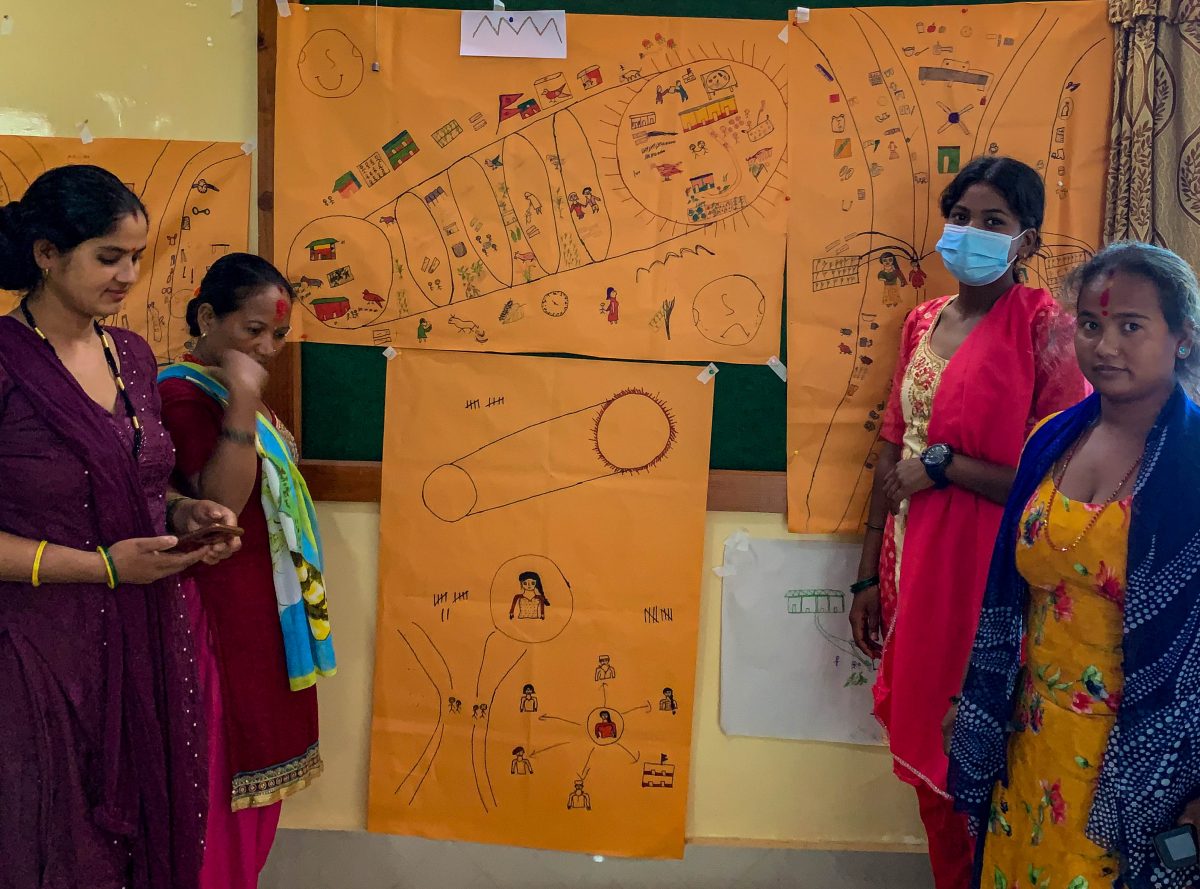Project Type: Gender Action Learning System (GALS)
Gender Action Learning System for Sustainability at Scale
-

Happy Family Review: IFAD, Nepal and Kyrgyzstan
The Happy Family Review was conducted in Nepal and Kyrgyyzstan by IFAD in the context of the Joint Programme “Rural women Economic Empowerment”. It builds on earlier Participatory Gender Review Tools that were developed as part of Oxfam Novib’s WEMAN Programme in Uganda and Rwanda.
